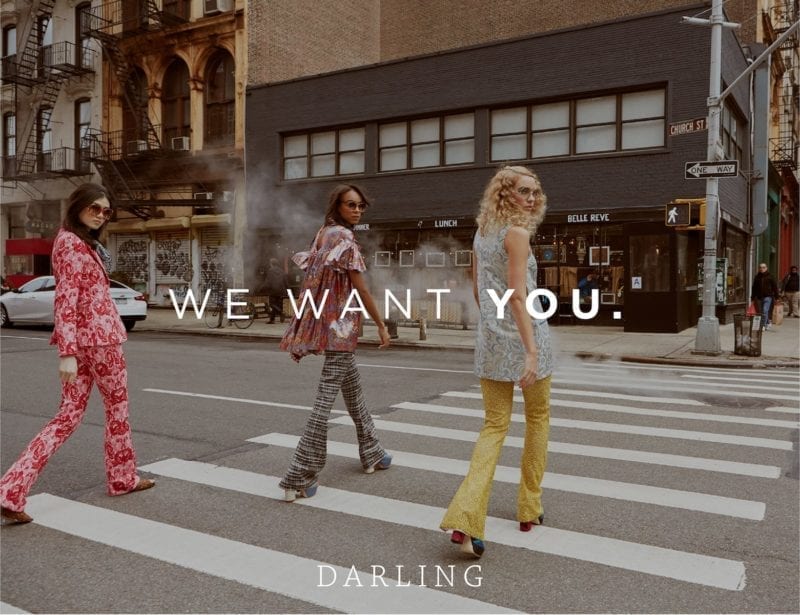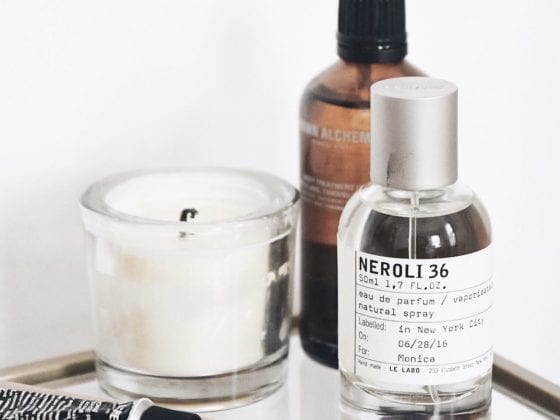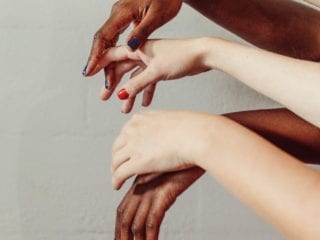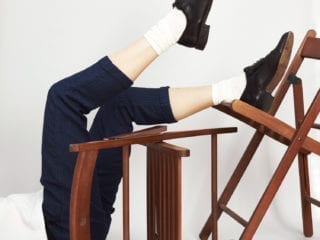Do you remember the first time you became self-aware? How about the first photo of yourself you either posted or saw posted online? How have these moments influenced your self-image and what you put into the digital space?
We’re curious because we have a very exciting new project in the works (details to come!) and are looking for people to interview on-camera in Los Angeles this month about these kinds of memories and the way you feel others see you.
Interested? Fill out the survey below and our team will be in touch with more details!
Image via AKI AKIWUMI












4 comments
One morning I went to the hospital instead of kindergarten, with my Mom, by appointment. In a room the size of a walk-in closet, suction cups were glued to my head; I was connected by wires to a machine that recorded brain waves. The glue itched and I sat quite still and waited. Freed at last, Mom washed my hair at school and life resumed for both of us. Then Mom and I had a talk about cerebral palsy.
I walked on my toes without controlling it, and the tendons in my legs shrank. I needed special shoe inserts and a year of painful physical therapy. I was lucky–I didn’t leg braces–but Dad was worried about money and the physical therapy. I overheard him; I worried too.
I was expensive, I was causing trouble, I was making Dad afraid–but Mom said I could learn to do almost anything I wanted to. I could adapt, be almost normal, make my parents proud instead of worried. I worked harder to please, be physically competent and hide what wasn’t normal–especially whatever could cause others trouble. I succeeded too well.
Mom was right; I can do almost anything that I want to. I was past 30 when I got my driver’s license, but I drive. I’m a little slow at manual tasks but no one seems to notice. I can walk and talk normally, ride a bike and rollerblade; I blend in. That is, if I don’t show my feelings.
I’m mildly spastic and uncoordinated in all my skeletal muscles, but I’m sensitive too, prone to feel and empathize deeply. And nothing triggers a spastic outburst (a tightening of all my skeletal muscles) like a strong emotion. During a spastic outburst, I may look cold or angry when I am excited or dismayed. I’ve worked hard to stay emotionally ‘presentable’ before others, and try to not feel when I can’t hide. This carries over into social media, too.
I go to Facebook or write an email, and most of the time, for most people, I try to write ‘competent’ messages: emotionally balanced, rational, practical and clear. My interests, hopes, fears, frustrations are just that: mine. Nobody has to see how I’m different, nobody needs to hear a fumbling story about the joy or bitterness of a memory or imagining. I’ve shared only half of my life with others; expressed half of who I am. I’m tired of hiding.
I’m grateful I’ve mastered physical competence; now I want to be genuine, honest. Where I can’t show people how well I’m succeeding, at least I can show people what perseverance takes. I’ve tried to be the ‘right’ kind of woman; now my goal is to be a real one.
This is so beautiful. Thank you for sharing, Katie.
This is beautifully said. Real always wins 🙂
Ah, I’d love to work for you guys. Sad that this isn’t international, but good luck to whoever casts!
–
Charmaine Ng | Architecture & Lifestyle Blog
https://charmainenyw.com